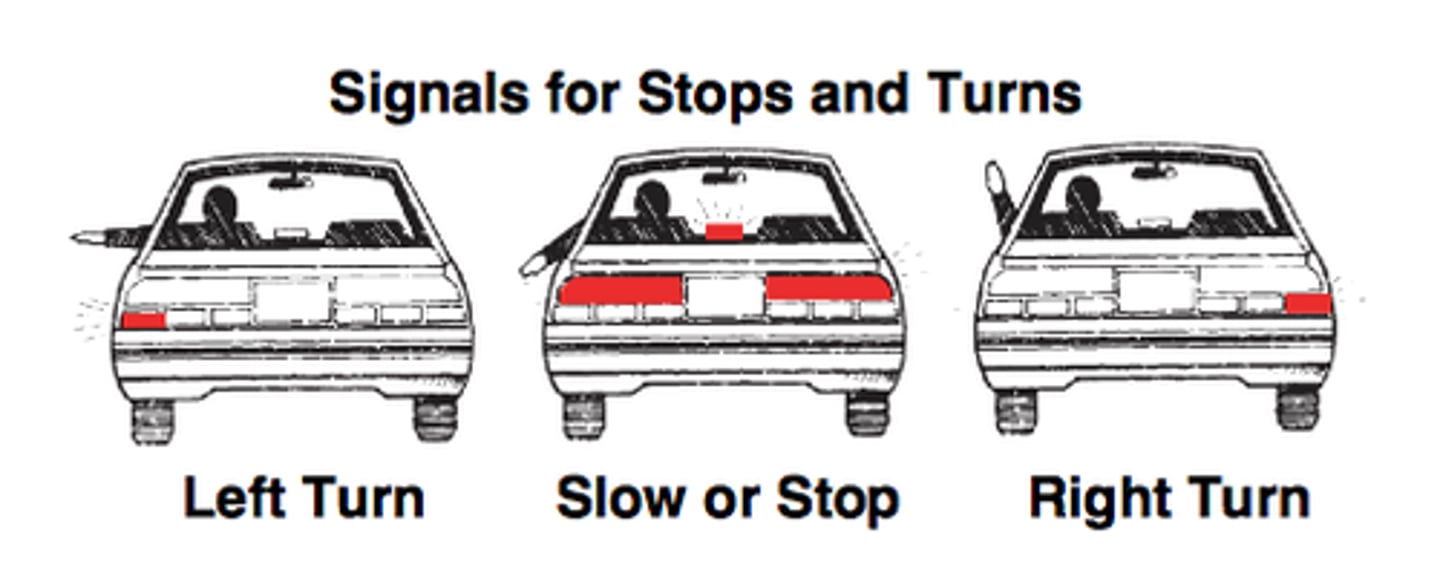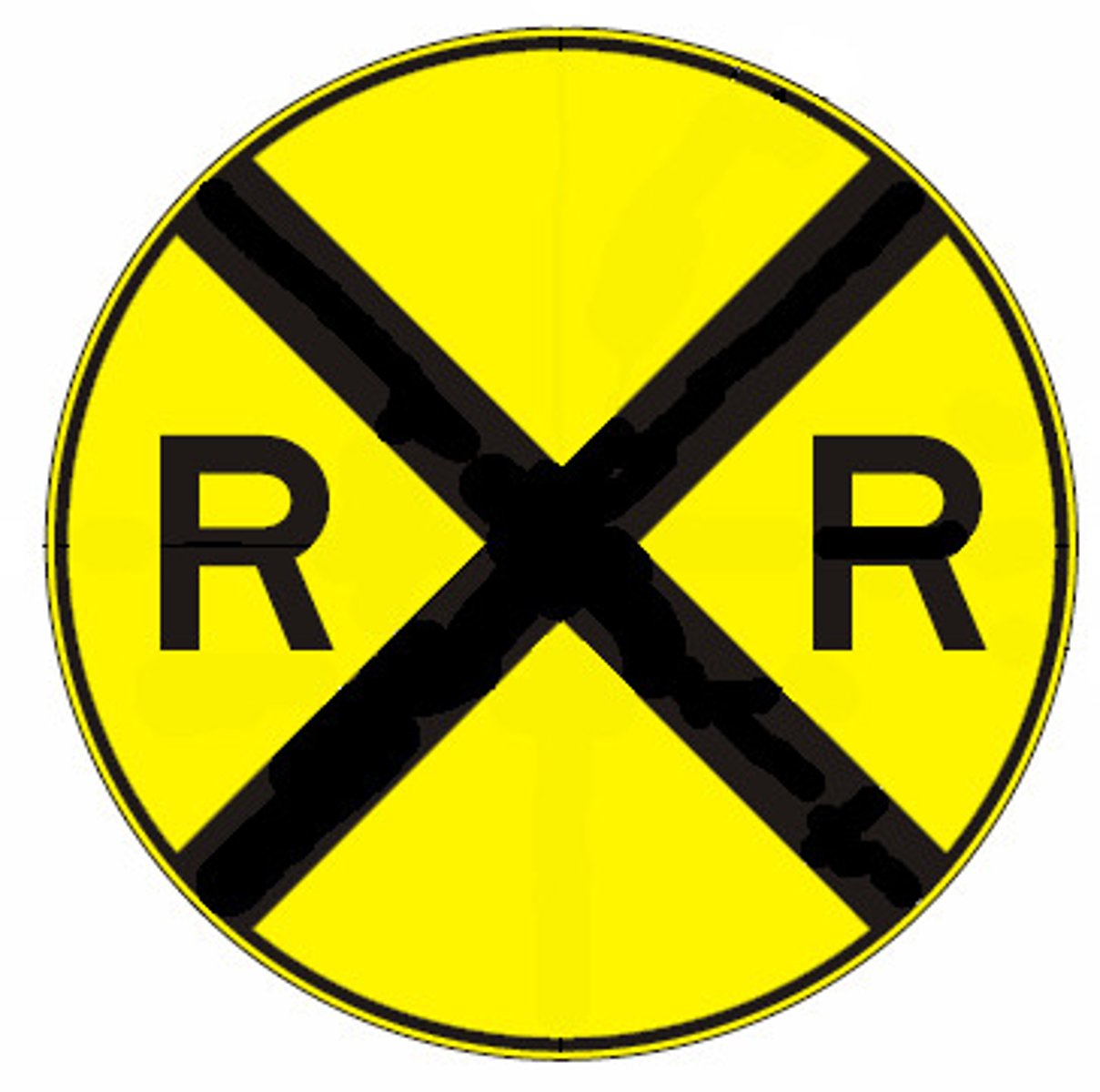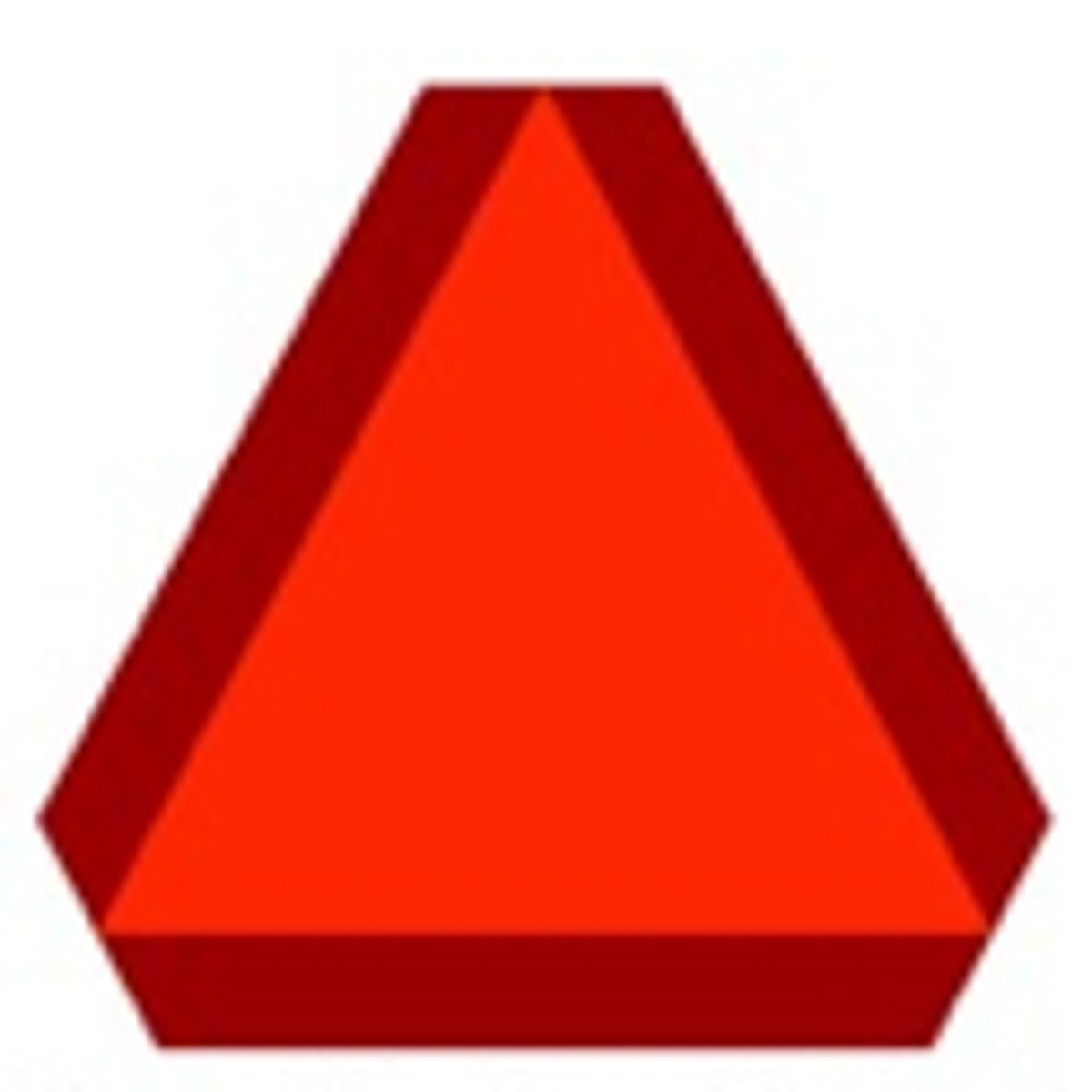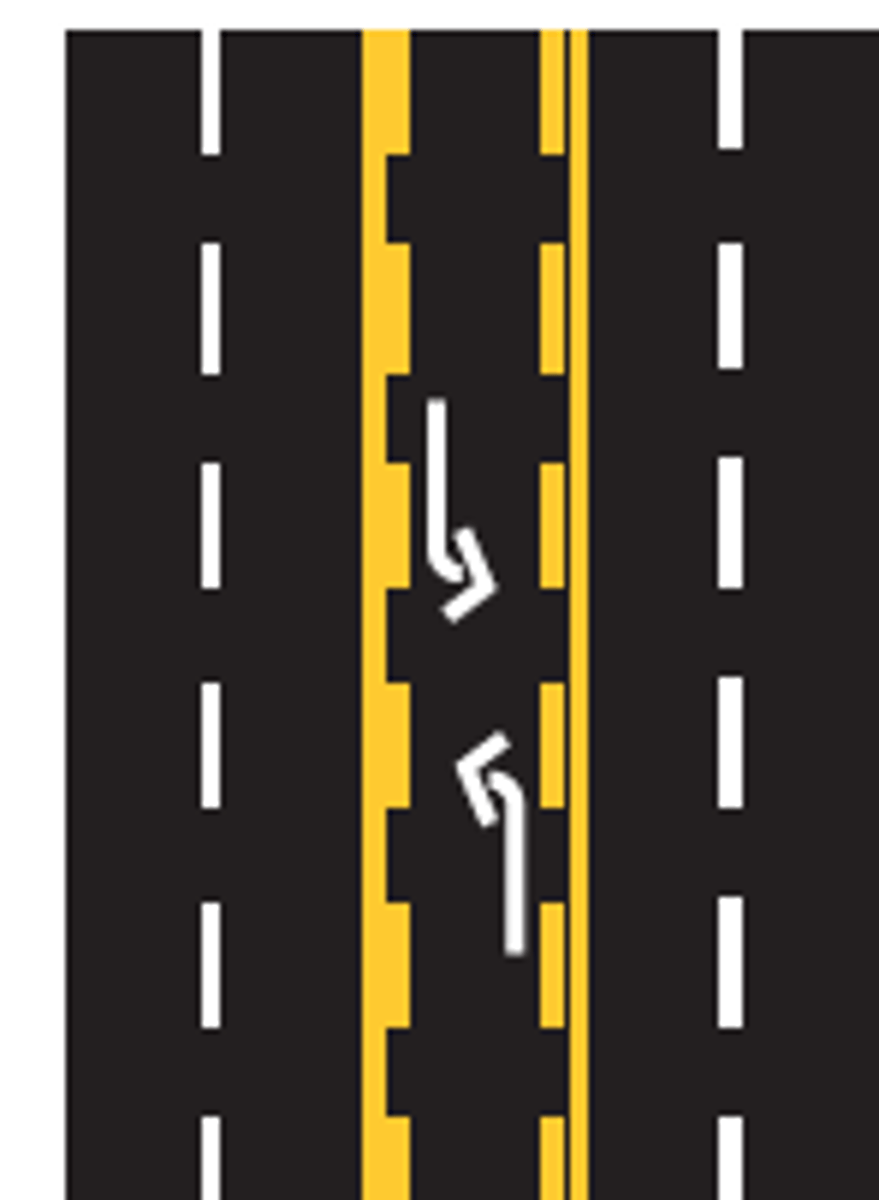California Permit Test (Hard Questions)
1/21
There's no tags or description
Looks like no tags are added yet.
Name | Mastery | Learn | Test | Matching | Spaced |
|---|
No study sessions yet.
22 Terms
TO SEE VEHICLES IN YOUR BLIND SPOTS, YOU MUST LOOK:
A. In your inside rearview mirror
B. In your side mirrors
C. Over your shoulders
C. Over your shoulders
YOU SHOULD USUALLY DRIVE SLOWER WHEN:
A. Passing large trucks on the freeway
B. You want to look at a controlled accident scene
C. You see brake lights coming on several vehicles ahead of you
C. You see brake lights coming on several vehicles ahead of you
WHEN A YELLOW ARROW APPEARS AS YOU ARE ABOUT TO TURN FROM A DEDICATED LEFT TURN LANE, YOU SHOULD:
A. Stop and not turn under any circumstances
B. Speed up to get through the intersection
C. Be prepared to obey the next signal that appears
C. Be prepared to obey the next signal that appears
IF YOU ARE CONVICTED OF DEFACING PROPERTY BY USING PAINT OR ANY OTHER KIND OF LIQUID, THE COURT MAY DELAY YOUR DRIVING PRIVILEGE FOR UP TO ____ YEAR(S).
A. 1
B. 2
C. 3
C. 3
WHEN A CAR WITH BRIGHT HEADLIGHTS COMES TOWARD YOU AT NIGHT, YOU SHOULD:
A. Move toward the right edge of your lane
B. Look above the oncoming headlights
C. Look below the oncoming headlights
D. Look toward the right edge of your lane
D. Look toward the right edge of your lane
WHICH OF THESE IS THE PROPER WAY TO CHANGE LANES?
A. Signal, check your mirrors, and then change lanes
B. Signal, check your mirrors, and look over your shoulder before you change lanes
C. Signal before you change lanes and then move over quickly
B. Signal, check your mirrors, and look over your shoulder before you change lanes
IF YOU ARE UNABLE TO SEE THE ROAD AHEAD WHILE DRIVING THROUGH HEAVY RAIN OR FOG, AND YOUR WIPERS DO NOT HELP, YOU SHOULD:
A. Turn on your high-beams and continue driving
B. Pull off the road completely until visibility improves
C. Slow down and continue driving
B. Pull off the road completely until visibility improves
IF A CAR AHEAD OF YOU HAS STOPPED AT A CROSSWALK, YOU SHOULD:
A. Stop and then proceed when safe
B. Change lanes, look carefully, and pass
C. Slow down, look both ways, and proceed
D. Drive to the right edge of the road and stop
A. Stop and then proceed when safe
IT IS ILLEGAL TO ENTER AN INTERSECTION WHEN:
A. The light is yellow
B. You can't get all the way across before the light turns red
C. The light is flashing yellow and you didn't stop first
B. You can't get all the way across before the light turns red
Driving Hand Signals

WHEN YOU SEE THIS SIGN YOU SHOULD:
(Railroad Sign)
A. Be prepared to stop at the railroad crossing
B. Stop and wait for a signal before crossing the railroad tracks
C. Stop at the upcoming railroad crossing and wait for a train
A. Be prepared to stop at the railroad crossing
(Sign Example)

IN THE FIRST 12 MONTHS AFTER LICENSING, A DRIVER UNDER 18 YEARS OF AGE MAY:
A. Drive at any time when accompanied by a licensed driver at least 25 years of age
B. Transport a passenger under age 20
C. Drive between 11 p.m. and 5 a.m. alone
A. Drive at any time when accompanied by a licensed driver at least 25 years of age
A RIGHT TURN STARTS IN THE RIGHT-HAND LANE AND END IN:
A. The left lane
B. The lane closest to the curb
C. Any lane available
B. The lane closest to the curb
IF YOU EXPERIENCE BRAKE FAILURE WHILE DRIVING, YOU SHOULD:
A. Downshift and look for an area to slow down and stop
B. Pump brake pedal quickly; if useless, pump released parking brake
C. Stop off the road if possible, and call for help
D. All of the above
D. All of the above
AN ORANGE AND RED SIGN OF THIS SHAPE MEANS:
A. Roadwork ahead
B. Vehicle has the right-of-way
C. Slow-moving vehicle
C. Slow-moving vehicle
(Sign Example)

WHEN IT IS FOGGY, YOU SHOULD SLOW DOWN AND TURN ON YOUR:
A. Low-beam lights
B. High-beam lights
C. Emergency flashers
A. Low-beam lights
THIS LANE IN THE MIDDLE OF A TWO-WAY STREET MAY BE USED:
A. To begin or end left turns or start a permitted U-turn
B. As a regular driving lane during periods of heavy traffic
C. To pass other vehicles that are moving slowly
A. To begin or end left turns or start a permitted U-turn
(Lane Example)

TO AVOID GETTING REAR-ENDED BY ANOTHER VEHICLE IN AN EMERGENCY, YOU SHOULD:
A. Turn your head and look over your shoulder
B. Check your rearview mirror often
C. Start braking early as a signal to the driver behind you
D. Drive with your left foot on the brake pedal at all times
C. Start braking early as a signal to the driver behind you
FLASH FLOODS CAN CAUSE VEHICLES TO FLOAT AND FILL WITH WATER, TRAPPING AND DROWNING PEOPLE. WHILE ESPECIALLY DANGEROUS AT NIGHT AND IN DEEP WATER, EVEN ____ INCHES OF WATER CAN FLOAT SOME SMALL CARS.
A. two
B. four
C. six
D. eight
C. six
YOU SEE A CAR APPROACHING FROM THE REAR, BUT WHEN YOU CHECK YOUR MIRROR AGAIN BEFORE CHANGING LANES, YOU NO LONGER SEE IT. YOU SHOULD:
A. Turn your signal on and change lanes slowly
B. Look over your shoulder to be sure the car is not in your blind spot
C. Signal, honk your horn, and change lanes slowly
B. Look over your shoulder to be sure the car is not in your blind spot
Uphill parking
Away from curb
Downhill parking
Towards curb